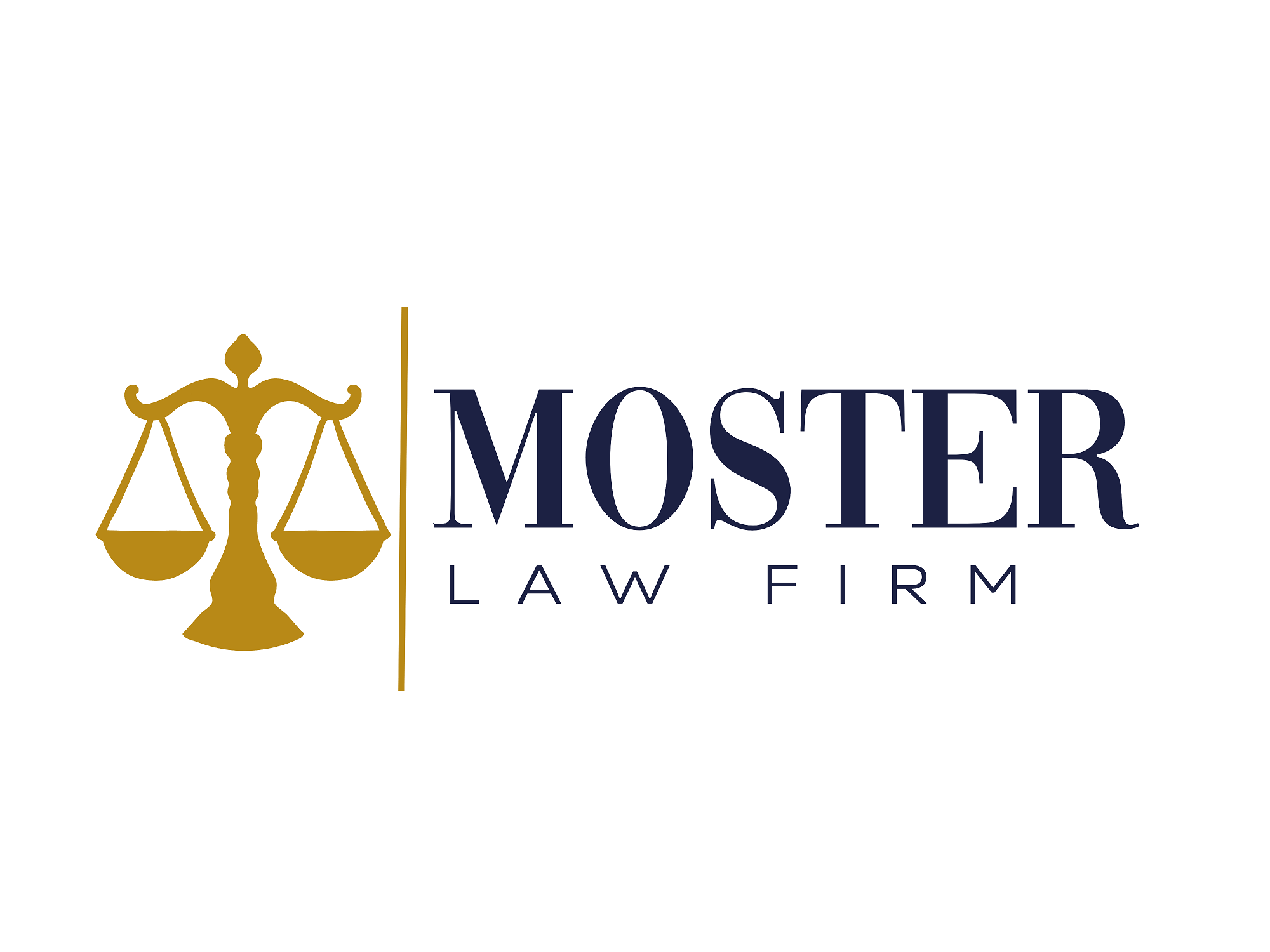Starting a new business should not be a laughing matter and certainly not a choice on a legal buffet menu. There are a lot of funny commercials out there which suggest comprehensive legal startup services. Be very careful and make sure that you are dealing with real lawyers and a reputable law firm. In many instances you are most definitely – not and can be left holding the bag of business failure.
There is nothing funny about that. I have been practicing law for over 36 years and have started up hundreds of businesses in almost every industry including brick and mortar retail/services, internet sales, software, hospitality, restaurants, health industry, oil and gas – you name it. My Firm, Moster Craft, P.C., has eight offices throughout Texas and is a serious and cost-effective law firm which launches new businesses. We are all about advising businesses, large and small, and startups. If you are seeking advice, and critically – excellent counsel – we are ready to help.
Over the years, I have written numerous articles, blogs, and videos on legal business startup issues. The following summary will be helpful as to the top legal issues facing the startup of a new business in Texas.
Here is my immediate priority list of legal matters to address:
1. Form an LLC for your new business.
This is my advice over 99% of the time. NEVER start a business as a sole proprietorship as you will have personal liability if something goes wrong which invariably happens in every new business. An LLC is easy for us to create, cost-effective, and requires almost zero paperwork once our Firm prepares the initial documents for your review and signature.
BEWARE of the online services which produce generic forms for use across the country as you need legal documents for use in Texas and prepared by Texas Business Attorneys who know what they are doing. Launching your business in compliance with Texas law is not a joke.
An LLC will protect the owners from personal liability and will not result in any adverse tax consequences. It also defines the role, investment, ownership, and control of the partners once the company is formed and operating through a written contract known as a “Company Agreement”.
Critically, all new businesses need a primer on what steps are necessary to operate so they are legally compliant. Without an understanding of the basic legal requirements, you will be flying without business radar which is exceedingly dangerous.
2. Employees are Dangerous.
You will hear this over and over again and may learn the lesson from the School of Hard Knocks. Without a basic
understanding of employment law even in the smallest operation, you can easily fall into the legal snake pit from
which the exit is painful and expensive. I have been there over and over again with clients in almost every industry who tried to cut corners.
Critically, clients need to understand whether initial workers even in the smallest operation should be designated as “independent contractors” or “employees”. The definition between the two can be confusing and the information out on the web is mostly incorrect. If you get it wrong and treat a worker incorrectly as an independent contractor, the Texas Workforce Commission or TWC will come a calling and make your life miserable. Expect an investigation, audit, and potentially thousands of dollars of needless legal expenses which easily could have been avoided with basic advice from inception.
We also recommend that most businesses have a basic contract with their employees to avoid confusion as to responsibilities and pay. A simple employment agreement is almost always recommended and is cost-effective.
3. Protect your Trade Secrets.
This is one of the greatest risks that new businesses almost always fail to address. In the rush and excitement to start a
new business, owners incorrectly assume that their new employees will always be supportive and particularly – loyal.
Well, think again. Employees in my considerable experience will often steal everything that isn’t nailed down in addition to actual fixtures which are! Critically, your confidential information which makes your business operate will often be stolen or misappropriated by employees with any access to that information – large and small. Trade Secrets refer to the personal information about your business which is essential to operation and not generally known, for example, client lists, preferred vendors, your business model, financial information, and critically – sale and training materials. The old adage that “no good deed goes unpunished” is true and proven again and again.
The employees you trust the most and care for very often turn against you and become competitors. That is the harsh reality of business and you better be prepared. We will recommend basic contracts with employees and contractors which will tie up and protect your confidential information and give you immediate legal recourse if the trade secrets are stolen.
Clients are unaware of the substantial legal protections available to them under Texas law which are designed to stop bad employees in their tracks including non-compete clauses which are enforceable in Texas if written correctly – which is often not the case.
A relatively new law in Texas known as the Texas Uniform Trade Secrets Act or TUTSA also provides new and effective legal protection for employers! Come to us for advice. We are ready to help.
4. No Trademarks – Best Way to Blow up your Business.
There is nothing complex about trademarks although the articles out there for new businesses make it seem that way.
The simple rule is that if you come up with a company name or brand which has been registered by someone else with the government in Washington, you can be shut down in an exceedingly nasty and expensive process. This can take you down almost every time even if the registration is in an entirely different state!
A simple example which I see all the time, is a new restaurant which has its own name for advertising purposes –
brick and mortar and internet. Let’s say it as simple at Rick’s Pizza Kitchen or Jack & Jill’s Country Cuisine – or whatever.
The clients sign a lease, put up signage, hire workers, and are off to the restaurant races at least until as nasty letter known as a “Cease & Desist” arrives on fancy letterhead from a big law firm out of state. The letter informs that the client’s name has been “trademarked” with the U.S. Patent Trademark Office in Washington and is “owned” by another restaurant in a different state.
Clients are always baffled – “What can that possibly have to do with my small restaurant in Texas?” Well – it has everything to do with your business and the owner of the trademark can shut you down for stealing their name in Federal Court. They can literally enjoin or stop you from operating, force an accounting of your profits, and require you to take down your signage, internet posting, and destroy your menus. Happens all the time.The way out of this mess is easy and inexpensive. Get advice from an experienced and reputable a trademark lawyer on whether your chosen name and brand is legally available for use and then get it trademarked! If not, you can blow up your business!
Bottom Line – get sound legal advice before you launch your business. Setting yourself up for failure is not a laughing
matter.
At the Moster Craft Law Firm, we are here to help. Give us a call!


